This blog is now archived
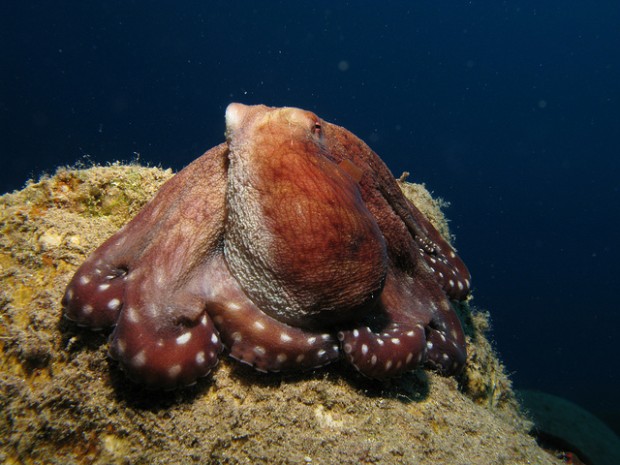
Please note that this blog is no longer being updated. For more information about Defra's work, visit their pages on GOV.UK.

Please note that this blog is no longer being updated. For more information about Defra's work, visit their pages on GOV.UK.
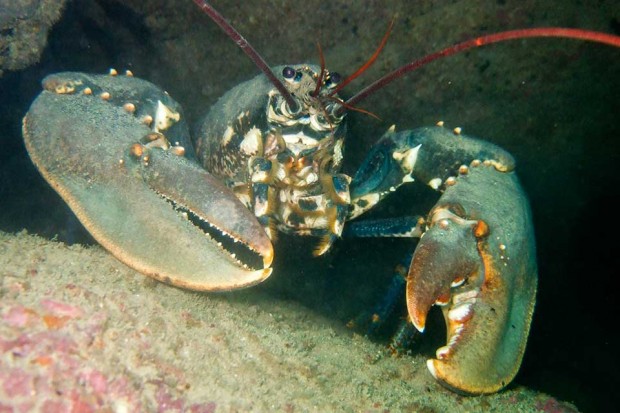
Almost everyone in Britain has some experience of the sea. Some of us make a living there, perhaps fishing or working in the ports. Some of us study the incredible creatures that live beneath the waves. And for some of …
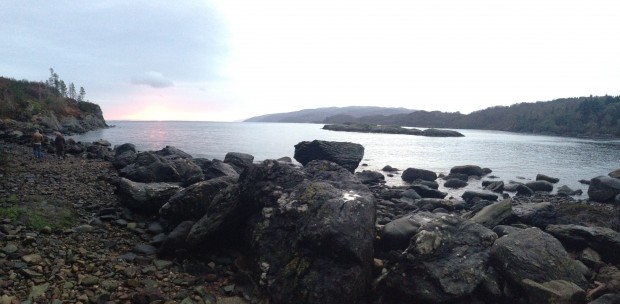
Our seas are incredibly beautiful, and you don’t have to be a diver to spot some of their diverse wildlife. One of the simplest ways to reconnect with the sea is to go for a walk at the beach. If …
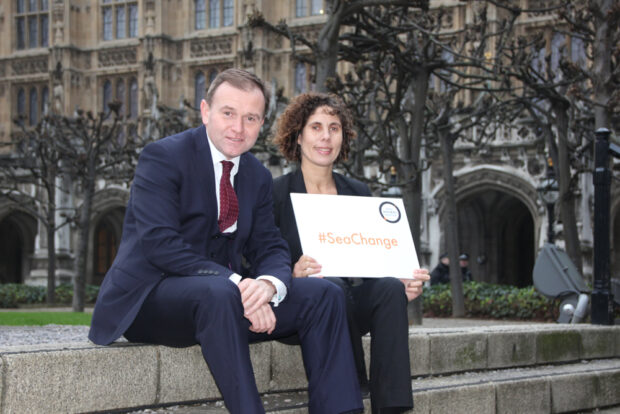
Fisheries Minister George Eustice showed his commitment to reducing marine litter when he was presented with a pair of recycled socks this week. The socks are made from 100% recycled nylon, with 28% coming from recycled fishing gear. They …
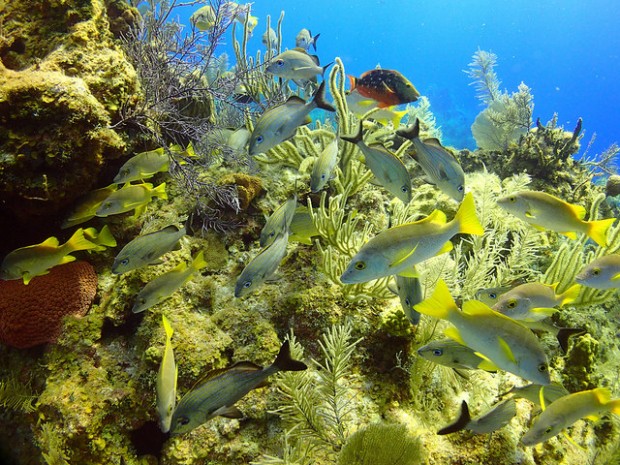
Did you know that Defra supports conservation projects that help endangered fish, coral reef and seabirds in far flung spots such as St Helena and the British Virgin Islands? Darwin Plus is an internationally renowned programme which helps to protect …

The UK delegation to Quito write about their experience at the Convention on the Conservation of Migratory Species of Wild Animals (CMS)
Two Defra Ministers joined 20 volunteers in a huge litter pick and beach survey in North Cornwall last week. Water Minister Dan Rogerson visited Daymer Bay in North Cornwall on Friday, and took part in the Great British Beach Clean, …
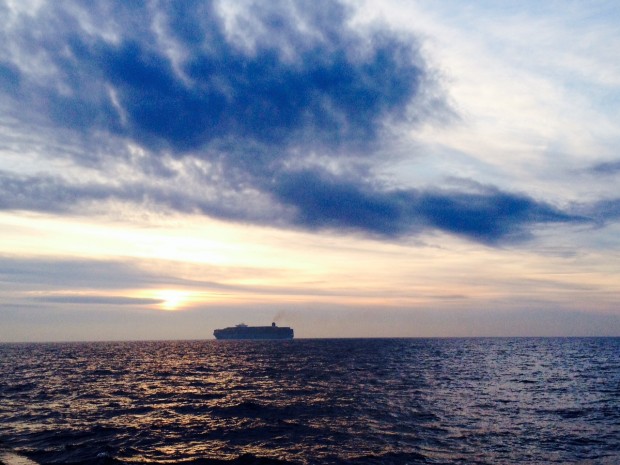
Written by Miriam Lugg, Natural England Research Advisor It’s 4:30am in the morning, and the shout “on the bottom!” comes through to the lab from the deck. The Hamon grab, a mechanical contraption used to take samples from the sea floor, …
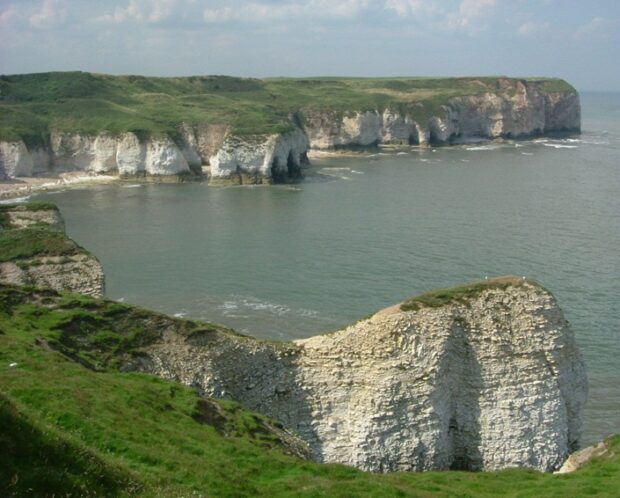
By Owen Paterson, Secretary of State for the Environment, Food and Rural Affairs The seas surrounding the UK are vitally important to our nation. Our marine economy is currently worth more than £49 billion a year and has the potential …
The Royal Navy has adopted a new approach to minimising its impact on the environment that could become a blueprint for other Naval services. It has produced Environmental Protection Guidelines (Maritime) (EPG(M)), an interactive military layer of electronic charting which …